Ilaria Salis made headlines after being accused by law enforcement of organizing a brutal Antifa manhunt in Budapest. The series of attacks targeted individuals on the streets based solely on their attire, leaving several with serious injuries. In response, the international left-wing network launched a swift disinformation campaign, painting Ms. Salis as an innocent martyr unjustly accused and languishing in the horrid jails of an oppressive regime. This propaganda ultimately led to her election as an MEP on an Italian far-left list, allowing her to swap her prison cell for a parliamentary office. Following a request from Hungarian authorities to revoke her parliamentary immunity, the disinformation campaign against Hungary has intensified in an effort to block this move.
But who exactly is Ilaria Salis? Is she truly an innocent and unassuming leftist teacher, who was unfairly targeted? Her past suggests otherwise.
If we examine Ms. Salis’s remarkably brief parliamentary biography - comprising of just eight paragraphs - it presents a saintly image. It portrays her as someone "sensitive to the struggles of the underprivileged" who spent "several years working as a teacher in centers for troubled youth." The 39-year-old is also described as a lover of sports and theater. However, as a public figure, her less savory past, including criminal convictions, is fair game for scrutiny. The Italian conservative daily Il Giornale did not mince words, when it wrote that
"without fear of contradiction, we can claim that Ilaria Salis is a convicted criminal."
Ms. Salis secured her parliamentary position despite being unable to present a clean criminal record.
Ms. Salis has been convicted by Italian courts on four separate occasions over the years. Two cases, however, do not appear on her criminal record: a 2014 case and a 2015 ruling, the result of Ms. Salis igniting firecrackers and smoke bombs near the San Vittore prison building. In a lenient sentence she only received a fine, with the incident not appearing on her moral record. The other case from 2014 involved illegal squatting. Later, she was accused of resisting a public official in Milan during the eviction of anarchist activists. In 2019, the Milan Court of Appeals convicted her, finding that she unlawfully broke into a building - specifically a social housing unit in Corvetto - and subsequently replaced its lock. Given her 2014 conviction, Ms. Salis was already considered a repeat offender, which led to a more severe sentence: one year and twenty days of suspended imprisonment. On June 26, 2023, a third case was added to her record, increasing her suspended sentence to one year, three months, and ten days.
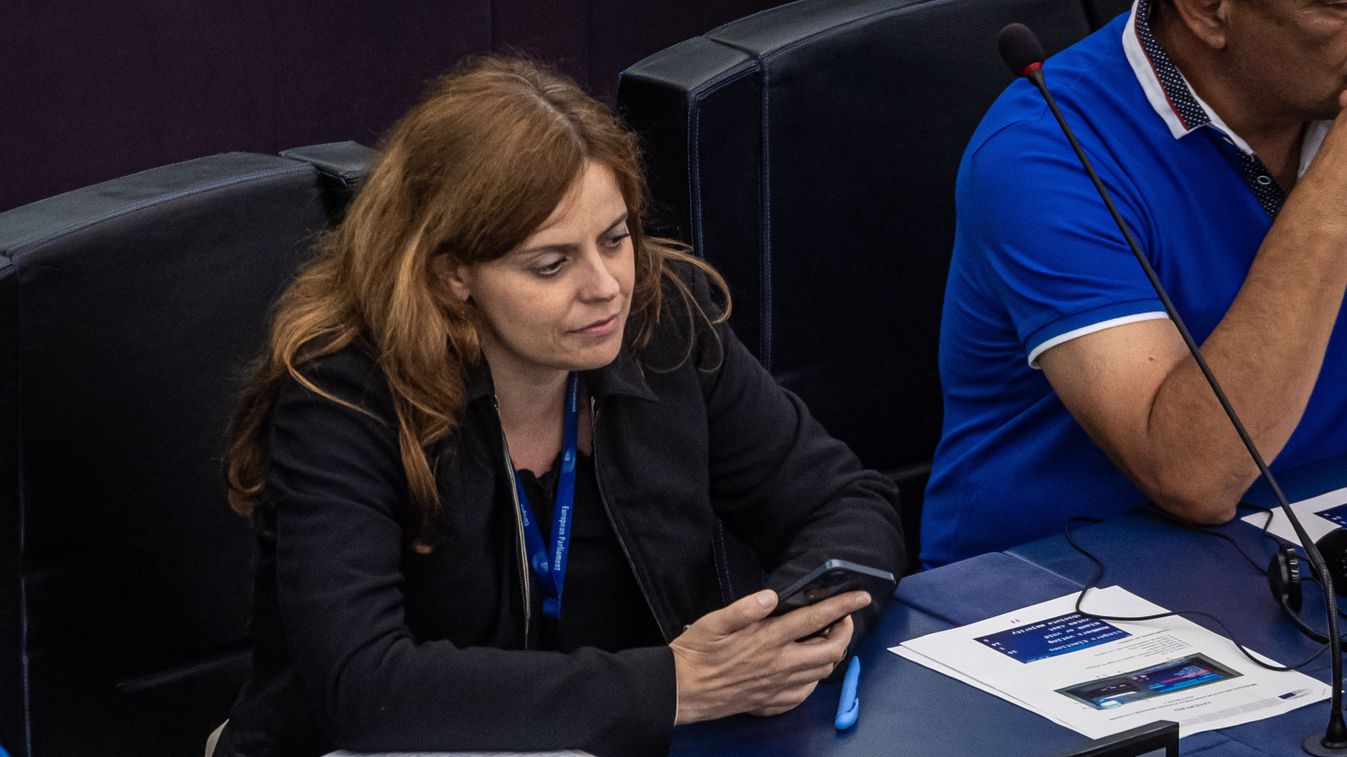


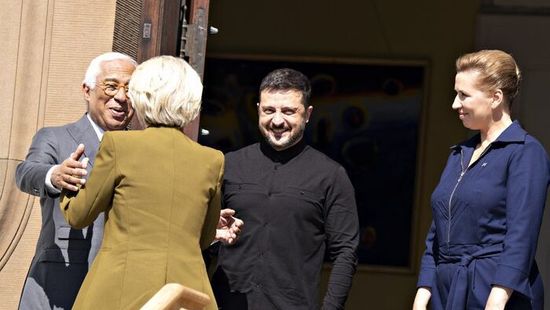




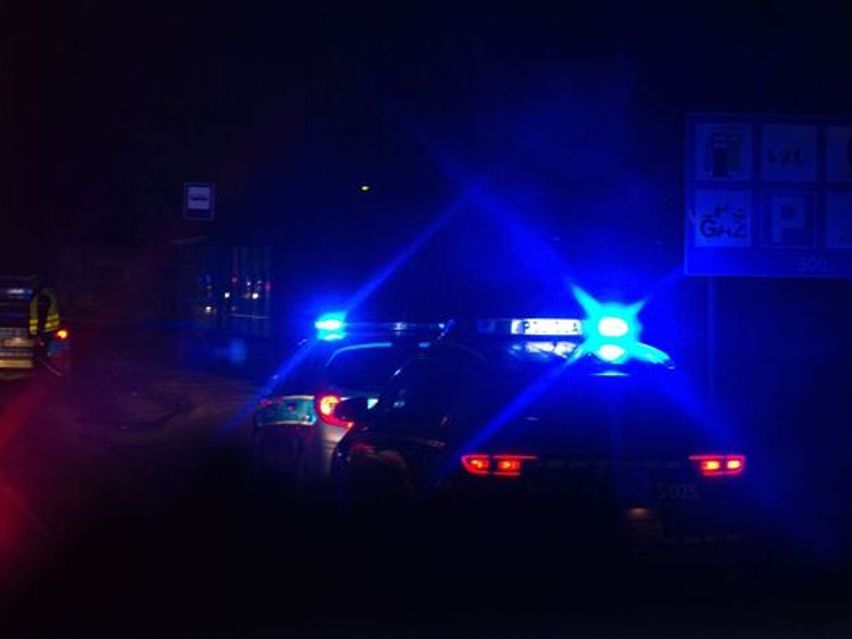




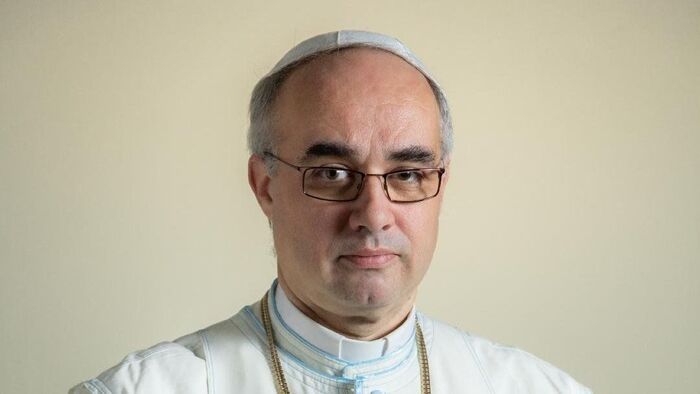


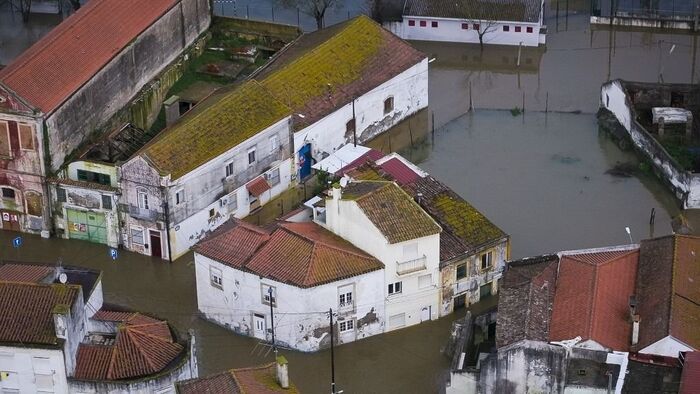
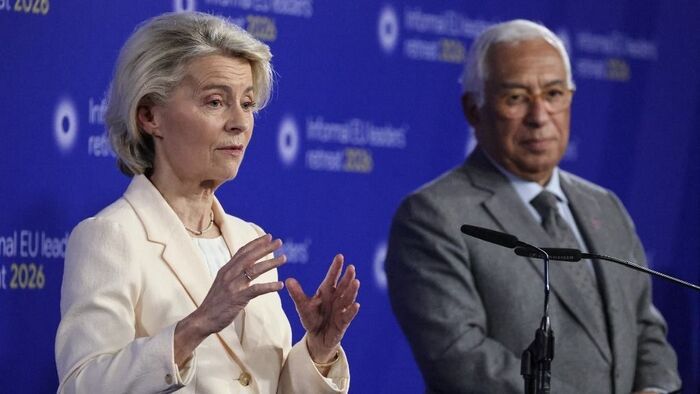




Szóljon hozzá!
Jelenleg csak a hozzászólások egy kis részét látja. Hozzászóláshoz és a további kommentek megtekintéséhez lépjen be, vagy regisztráljon!